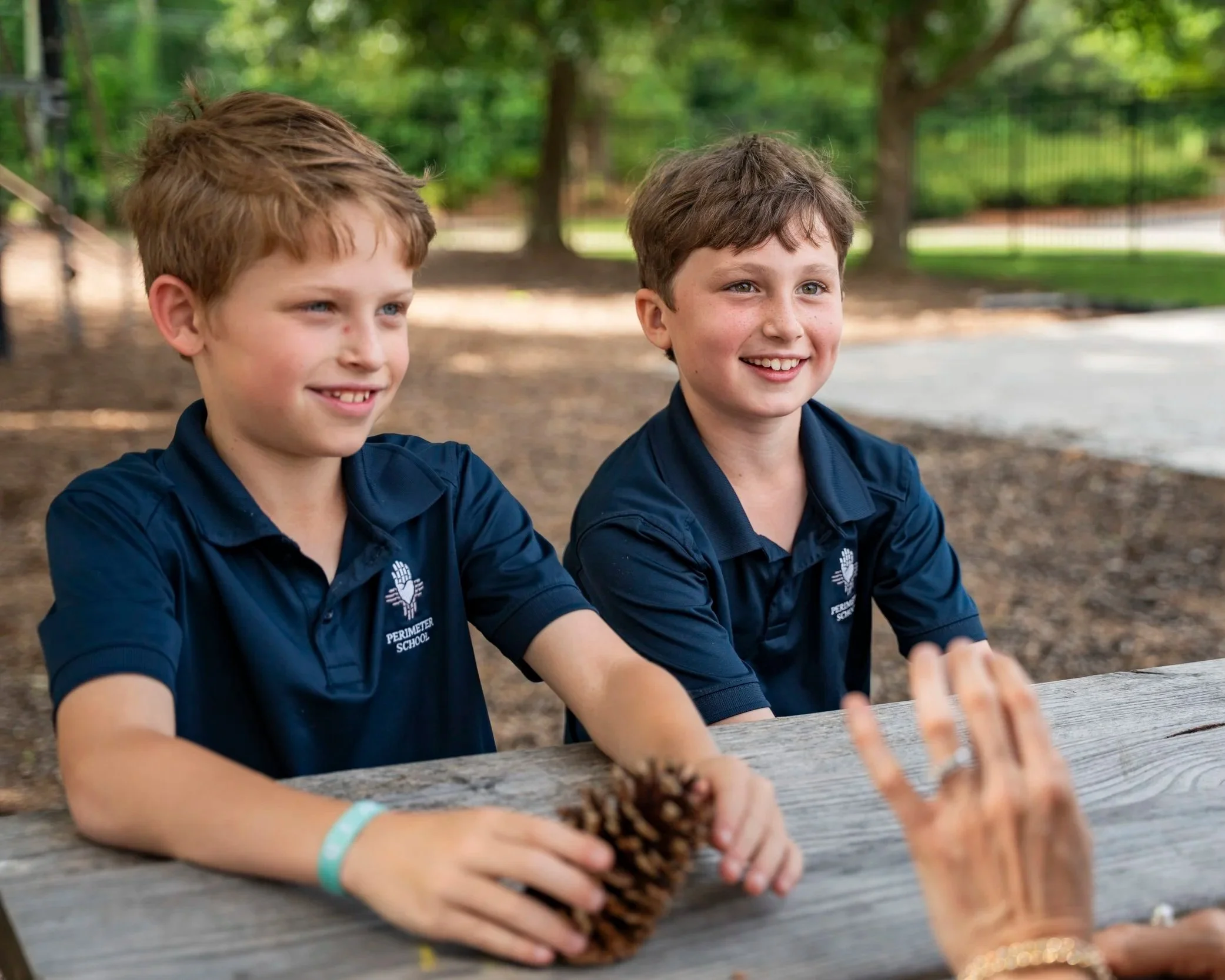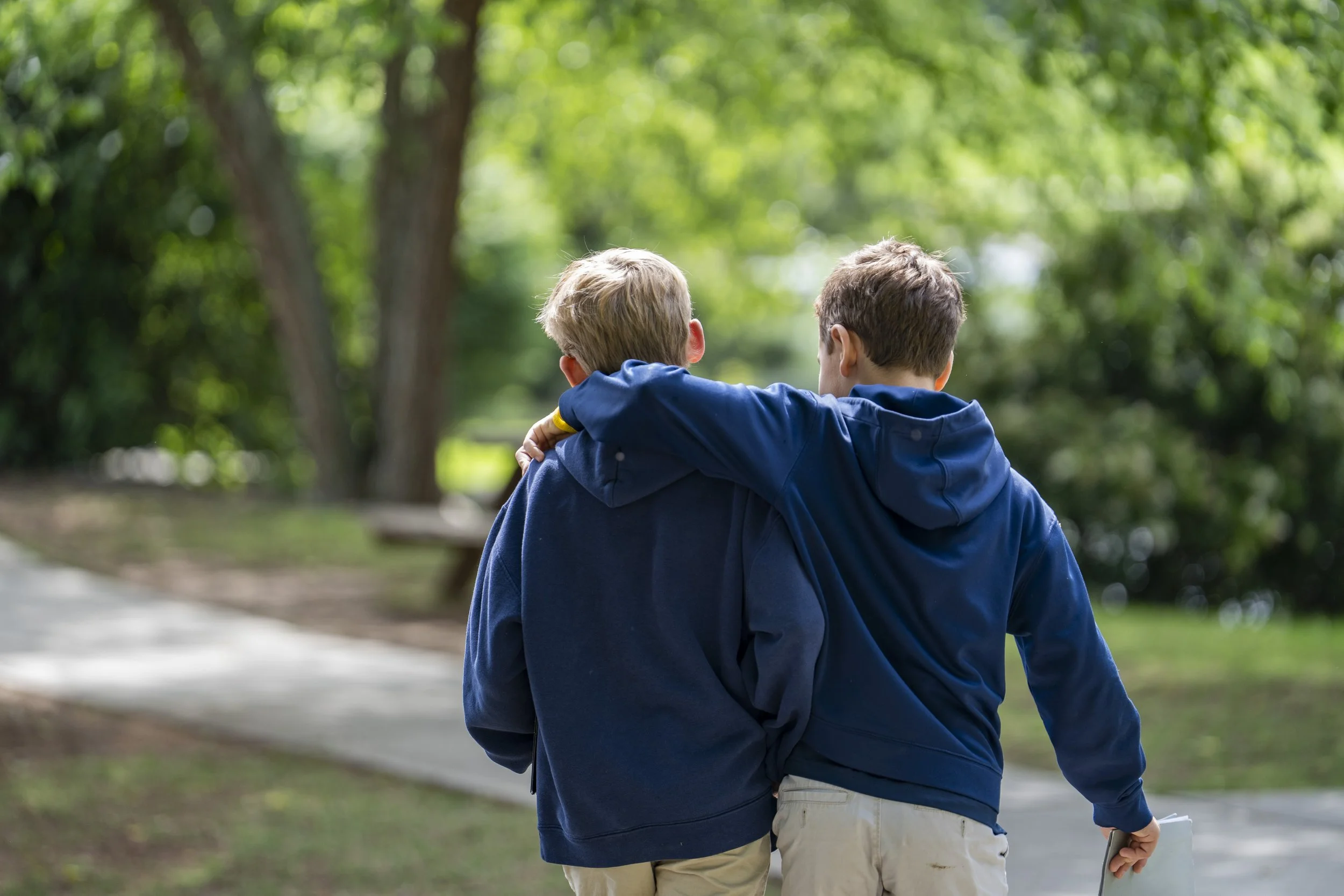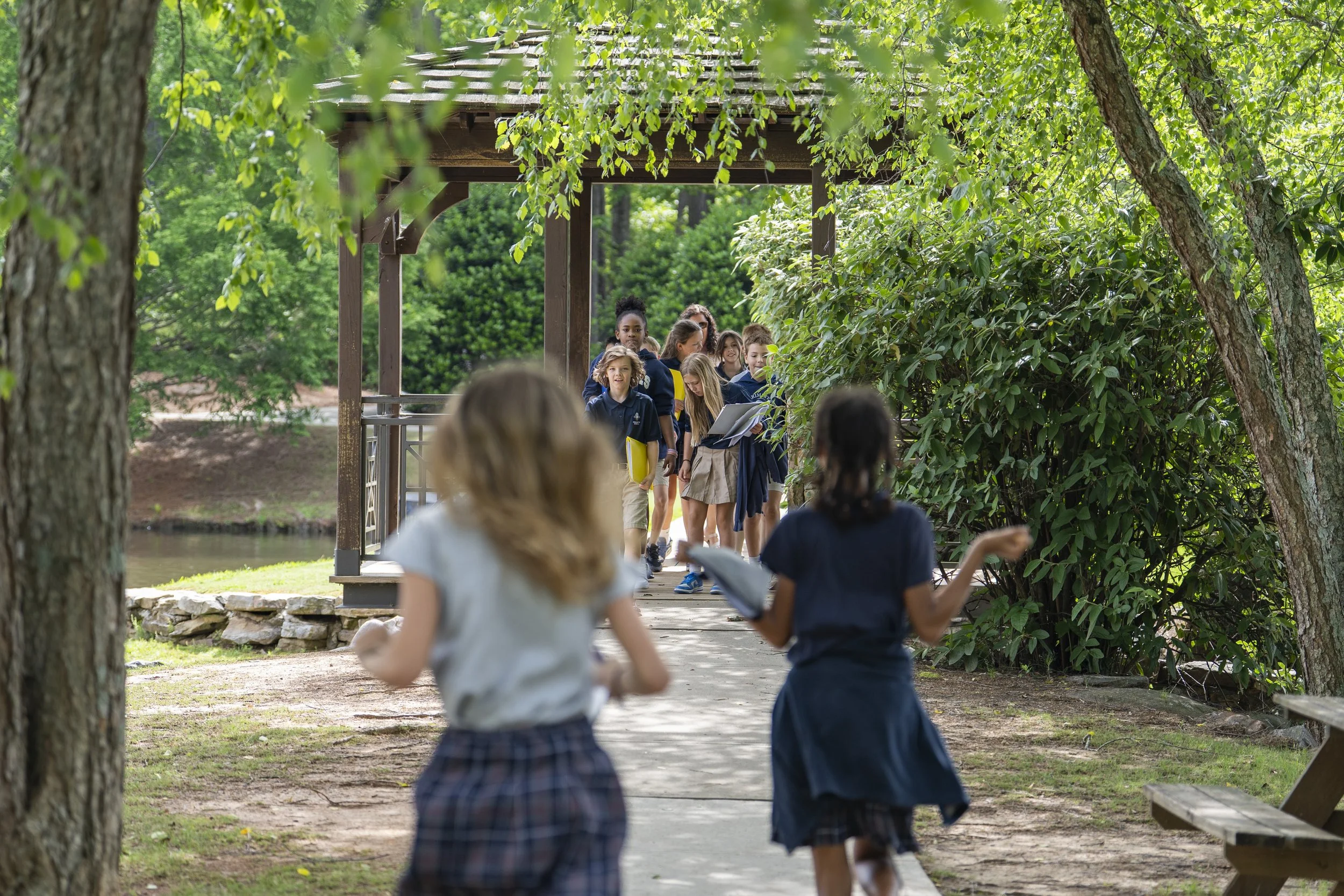He Sees Us Equally
To experience true “redemptive diversity,” we must rely on Christ’s work within us.
By: David Goodrich, Middle school Principal
"My brothers, show no partiality as you hold the faith in our Lord Jesus Christ, the Lord of glory. For if a man wearing a gold ring and fine clothing comes into your assembly, and a poor man in shabby clothing also comes in, and if you pay attention to the one who wears the fine clothing and say, ‘You sit here in a good place,’ while you say to the poor man, ‘You stand over there,’ or, ‘Sit down at my feet,’ have you not then made distinctions among yourselves and become judges with evil thoughts? Listen, my beloved brothers, has not God chosen those who are poor in the world to be rich in faith and heirs of the kingdom, which he has promised to those who love him."
James 2: 1-5
"So if there is any encouragement in Christ, any comfort from love, any participation in the Spirit, any affection and sympathy, complete my joy by being of the same mind, having the same love, being in full accord and of one mind. Do nothing from rivalry or conceit, but in humility count others more significant than yourselves. Let each of you look not only to his own interests, but also to the interests of others. Have this mind among yourselves, which is yours in Christ Jesus."
Philippians 2:1-5
Redemptive Diversity
“Racial diversity” and “socioeconomic inequality” are words that have historically carried a variety of meanings and conjured up a host of emotions, opinions, and reactions.
I have often wondered how to navigate these terms within our self-consumed, relativist, fallen culture and within my faith in Jesus Christ.
As a Christ-follower, I struggle to understand my role in seeking “redemptive diversity” – the idea that even though we are uniquely (ethnically, racially, socioeconomically, physically, and intellectually) different, we are all created in the image and likeness of God.
How can we unify broken racial and socioeconomic relationships?
When we truly realize that all human dignity, honor, and value originates from our Creator, we will truly experience “redemptive diversity” and the call of James 2, Philippians 2, and the totality of scripture . . . "to love our enemies and to love others more than ourselves," thus fulfilling the mandate of the gospel.
REALITY
As a young man growing up in Flint, Michigan, I remember wrestling often with the issues of race and economic inequality. For years, I searched for the meaning and purpose of life, often looking to people for comfort and identity, only to be treated as an outsider and alien in my community.
That was my reality . . . at least it was my “felt reality.” Growing up in the throes of chaos, I found refuge with the oppressed and the afflicted. On the streets of the inner-city, identity is found not in the massing of temporal possessions but rather in the commonality of oppression and affliction. Unfortunately, this identity serves only as a façade, leaving behind a wake of despair and a host of desperately lost people.
Life in the inner-city was hard. It was patented by broken marriages and families, single-parent homes, and failing schools and was plagued by the scarcity of money, jobs, water, power, food, and necessities. Violence and relational conflict served as everyday norms. Such was the way of life in my world.
For those of us here in Johns Creek and the surrounding communities, this may seem almost foreign to our reality. Nonetheless, for the many living in poverty or the lower middle classes of society, this was and is reality, and this reality often serves as a unifying anthem.
For me, this feeling of unity was a mask for the desperation and longing for something or someone to see value in my broken life. I remember feeling worthless, lacking all dignity and honor. Was there anything that I could offer the privileged classes of society?
Privilege
Privilege, a word most recently associated with racial, societal, and economic disparities, can invoke anger from opposing groups for varying reasons. As I look back to that period of my life, I admit that bitterness and hatred formed within me, creating an implicit prejudice for anyone that I saw or deemed to be “privileged” (something I felt that I was not). But God…
“But God, being rich in mercy, because of the great love with which he loved us, even when we were dead in our trespasses, made us alive together with Christ—by grace you have been saved— and raised us up with him and seated us with him in the heavenly places in Christ Jesus.” (Ephesians 2: 4-6)
But God . . . always has a different plan, and His plan will not be thwarted.
As my hatred swelled, the God of all creation stepped in and graciously began to remove the veil that blinded me from seeing my brothers and sisters.
For the first time, I saw my prejudice for what it truly was . . . covetousness. I longed to be known and valued by those I viewed as significant and believed that if I could obtain a “privileged” status, then I would be indeed known.
our Calling
As the Spirit continued to reveal himself through His Word, my understanding of the gospel and the call to "love our neighbors as ourselves" grew. I began to realize that my hatred and bitterness for my neighbor was, in fact, my ignorance for those outside my social structure. Moreover, the life I often viewed through the lens of oppression and affliction was truly a life of “privilege.”
I am privileged to know the depths of the inner-city and to have had the opportunity to see the challenges of diversity and racial and socioeconomic inequality, but more than that, I am privileged to be known and loved by my Creator.
I hope that my experience will allow me to continue to see the truth about those who are different from me and allow me to “love my neighbor” no matter how different we are.
























Be encouraged to lead your children toward a life of knowing and loving stories—listening, reading, writing, illustrating, and experiencing them in their own unique ways.